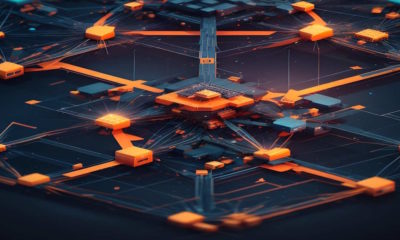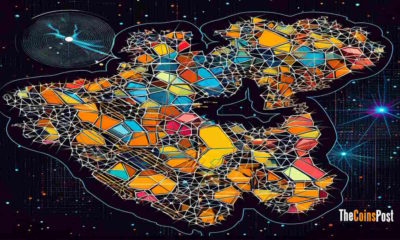Blockchain
Blockchain’s Decentralized Trust: Unleashing Potential and Overcoming Challenges in 2023
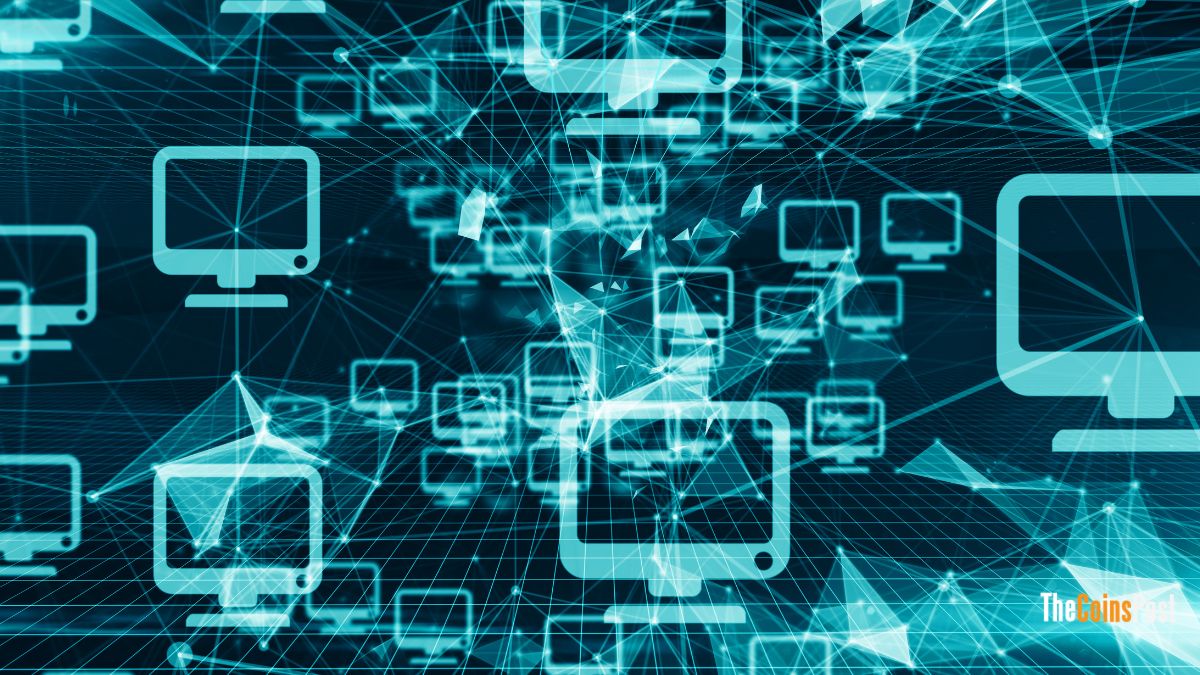
As we enter 2023, blockchain continues to be hailed as a system of decentralized trust, revolutionizing various industries with its secure and transparent digital ledgers. This technology, known for its ability to track and verify transactions without relying on a central authority, has gained widespread adoption across sectors such as finance, healthcare, and supply chain management. However, while blockchain’s decentralized nature offers immense potential, it also faces challenges and limitations that need to be addressed for its full potential to be realized.
Contents
Decentralization: The Essence of Blockchain
Decentralization lies at the core of blockchain technology. Unlike traditional systems controlled by a single entity, blockchain operates through a network of nodes working collaboratively to verify transactions and maintain ledger integrity. This distributed approach makes manipulation and corruption difficult, as any changes to the ledger require consensus from the network.
Challenges to Blockchain Adoption
While blockchain’s decentralized trust has propelled its popularity, several hurdles must be overcome for wider adoption:
- Scalability: Scalability remains a pressing challenge. Most blockchain systems struggle to handle large transaction volumes quickly, resulting in slower speeds and higher fees. Enhancing scalability is crucial to making blockchain more appealing to users and enterprises alike.
- Regulation: Blockchain’s regulatory landscape is still evolving, with different countries taking varied approaches. Uncertainty and inconsistency in regulation can impede businesses’ adoption of blockchain technology, necessitating clearer guidelines to foster innovation.
- Interoperability: Lack of standardization and interoperability between different blockchain networks poses obstacles to adoption. Seamless asset transfer between diverse networks is essential for realizing the technology’s full potential.
- Security: Although blockchain is designed to be secure, there have been instances of security breaches and hacks. Addressing concerns regarding fraudulent activities and reinforcing security measures is vital for maintaining trust in blockchain technology.
- Education and Awareness: Widespread understanding of blockchain technology remains limited among business leaders and policymakers. Bridging the knowledge gap through education and awareness initiatives is key to unlocking blockchain’s potential across industries.
Blockchain Technology Statistics in 2023
In the ever-evolving blockchain landscape, several statistics reflect the growth and impact of the technology:
- The blockchain industry is projected to be worth $163.83 billion by 2029, with a compound annual growth rate of 56.3%.
- Over 170 million blockchain wallets exist worldwide, encompassing users from platforms such as Blockchain.com and Coinbase.
- Global spending on blockchain solutions is expected to reach $19 billion by 2024.
- Blockchain.com alone has over 85 million wallet users as of March 2023, indicating the widespread adoption of cryptocurrencies.
- Approximately 336,600 Bitcoin transactions occur daily, showcasing the increasing utilization of digital currencies.
- 10% of the global population owns cryptocurrencies, while 16% of Americans have invested in them.
- Blockchain implementation in the healthcare sector is projected to reach $231.0 million by 2023, with a growth rate of 63% over the next six years.
- Shifting securities to blockchains could potentially save $17 billion to $24 billion annually in global trading processing fees.
- The worldwide blockchain technology industry is estimated to grow at an 85.9% CAGR from 2022 to 2030.
- By 2026, the global blockchain market is anticipated to reach a value of $67.4 billion, signifying its increasing significance.
- Banking stands as the sector with the highest distribution of blockchain market value, reflecting its potential to transform financial services.
Conclusion
As blockchain continues to evolve in 2023, its decentralized trust system remains a key driver of innovation across industries. However, challenges such as scalability, regulation, interoperability, security
Blockchain
Fireblocks buys Australian blockchain start-up BlockFold
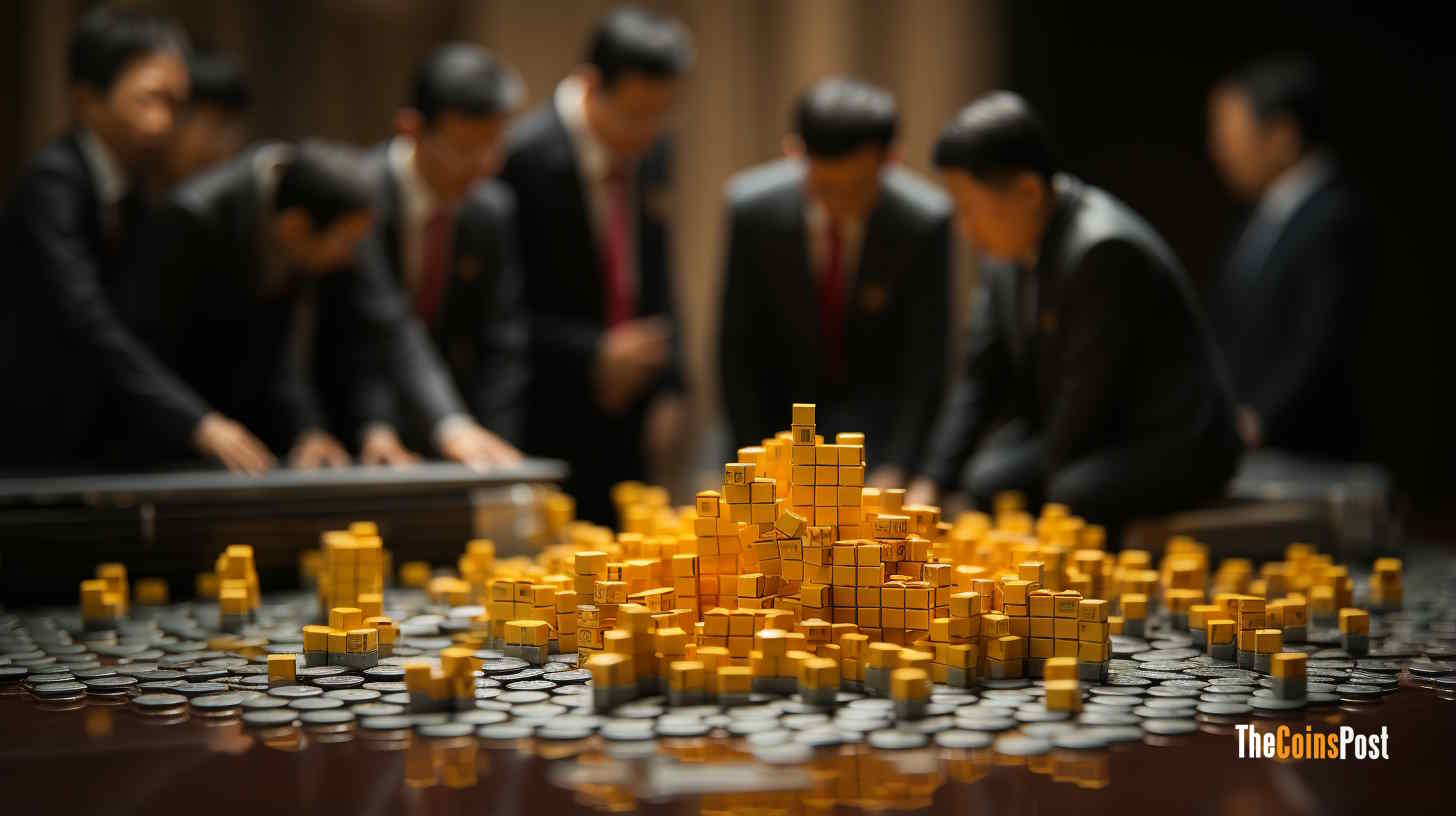
Fireblocks, the crypto company backed by Sequoia Capital and Coatue Management, has acquired BlockFold, a Melbourne-based start-up that helps financial institutions build blockchain-based systems.
As per Bloomberg , Fireblocks paid about $US10 million ($15.6 million) for BlockFold. While Fireblocks already works with large financial institutions, including Bank of New York Mellon, BNP Paribas and the Tel Aviv Stock Exchange, it has predominantly offered them services around custody technology.
New York-based Fireblocks is one of crypto’s most well-funded start-ups, having raised some $US1.2 billion so far. The company, which employs around 650 people in the US and Israel, was valued at $US8 billion in its latest financing round in January 2022.
The deal comes as large Wall Street firms ramp up efforts to issue and trade traditional financial assets like bonds and private-equity investments over blockchain networks, seeking to simplify processes and cut costs.
Founded in 2021, BlockFold specialises in tokenisation and smart-contract development for clients such as large financial institutions. Fireblocks and BlockFold have already worked together on projects including National Australia Bank’s recent cross-border stablecoin transfer.
Blockchain
Brazil Enhances National Identity Card Security with Blockchain Technology

In a significant stride toward modernization, Brazil is rolling out a novel national identity card system, fortified by the integration of a blockchain network. This innovative approach is set to bolster the security of data sharing between the Federal Revenue Service and civil identification authorities.
The cornerstone of this system is the shared registry known as b-Cadastros, designed to underpin the operations of the revenue service. This comprehensive platform facilitates searches, issuance, and modifications of the new ID cards and tax registration numbers. Notably, the platform’s development was orchestrated by Serpro, Brazil’s state-owned IT services corporation.
Serpro’s President, Alexandre Amorim, emphasized the pivotal role of the b-Cadastros blockchain platform in fortifying the National Identity Card project. “The use of the b-Cadastros blockchain platform is a major differentiator for the security and reliability of the National Identity Card project,” he stated.
The National Civil Identity Card (ICN) represents an upgraded iteration of Brazil’s traditional paper-based ID cards, and the nationwide issuance commenced in July 2022. The overarching goal of this project is to centralize the nation’s civil identification system and harness the ICN database to authenticate individuals accessing online public services.
The modern plastic card boasts an innovative feature: it empowers users to generate a single digital version of their identity document. This advancement enhances security, as it allows for validation through a printed QR code. In adopting blockchain technology for the ID cards, the Brazilian government anticipates streamlining processes and curbing fraud and illegal activities. Presently, individuals can request identification cards in all of Brazil’s 27 states, which presents challenges in terms of data integrity and security.
Serpro’s Amorim elaborated on the significance of blockchain technology in safeguarding personal data and thwarting fraudulent activities, thus delivering a more secure digital experience for Brazilian citizens.
The states of Rio de Janeiro, Goiás, and Paraná are set to pioneer the blockchain-based version of the national revenue service’s shared registry for the issuance of the new ID cards this week. The remaining states are poised to follow suit over the next six weeks, marking a significant step forward in enhancing the security and efficiency of Brazil’s identity verification and taxation systems.
Source: Forbes
Blockchain
Horizen’s $ZEN Holders Take the Helm with the DAO Launch

The Horizen community, get ready to embark on a revolutionary journey in governance as the Horizen DAO steps into the spotlight, as per Horizen’s new announcement.
Horizen, a public, open-source blockchain protocol, boasts a thriving ecosystem composed of developers, miners, node operators, and holders of $ZEN tokens across various blockchain networks. The introduction of the Horizen DAO paves the way for increased community involvement in decision-making and offers a platform for your voices to shape the project’s path.
Discovering the Horizen DAO
DAO, which stands for “Decentralized Autonomous Organization,” has emerged as the gold standard for decentralized governance in the blockchain world and beyond, as per Horizen’s new announcement.
Horizen has always been driven by its community, acknowledging the critical role of a strong social layer in upholding integrity throughout the ecosystem, as stated in Horizen’s new announcement. This ethos is guided by principles such as transparency, accountability, security, community engagement, continuous improvement, and social responsibility. Dive deeper into Horizen’s guiding principles on the Horizen governance page.
Stages of Proposals and Voting
The Horizen DAO takes decentralization of decision-making to new heights, encompassing both technical and non-technical aspects, along with other substantial system enhancements, as outlined in Horizen’s new announcement.
Protocol Improvement Proposals (IPs) are a well-established mechanism for selecting and implementing fresh features and fundamental protocol adjustments in numerous blockchain projects, as per Horizen’s new announcement. In Horizen’s case, these IPs are the cornerstone of the Horizen DAO’s community-driven governance. For Horizen’s primary chain and the EON sidechain, we respectively refer to these as ZenIPs and EONIPs, and they are the lifeblood of our governance process.
Ultimately, it’s the $ZEN token holders who wield the power to steer the future of Horizen, shaping the network’s evolution through active participation in the Horizen DAO, as per Horizen’s new announcement. Any holder of $ZEN can cast their vote on proposed improvements, while those with the requisite amount of $ZEN, either held or delegated, can propose changes to the community. To ensure effective community governance, users will also have the option to delegate their voting authority to individuals they trust as capable stewards of Horizen’s core values.
For a comprehensive understanding of the Horizen DAO, including its proposal phases, voting procedures, Constitution, and more, we invite you to explore the Horizen Governance page. Join us on this exciting journey to help mold the future of Horizen – we’re delighted to have you on board, as announced by Horizen.
-

 Altcoins4 years ago
Altcoins4 years agoProject Review: Pi Network, a New Scam Project in Town
-

 Bitcoin4 years ago
Bitcoin4 years agoBitcoin Worth $1.2M Seized From Arrested Indian Hacker
-

 Altcoins5 years ago
Altcoins5 years agoReview: Play Arcade Games Inside ARK Wallet And Win Some Free Cryptocurrency
-

 Blockchain5 years ago
Blockchain5 years agoA Full Review: Utopia A New Decentralized P2P Blockchain
-

 Bitcoin5 years ago
Bitcoin5 years agoAnother Exit Scam: NovaChain Shuts Down
-

 Exchanges5 years ago
Exchanges5 years agoCrex24 Will Require KYC Verification
-

 Bitcoin5 years ago
Bitcoin5 years agoJohn McAfee Has Gone Missing
-
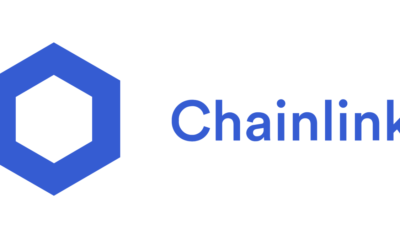
 Altcoins5 years ago
Altcoins5 years agoElrond Partners With ChainLink






